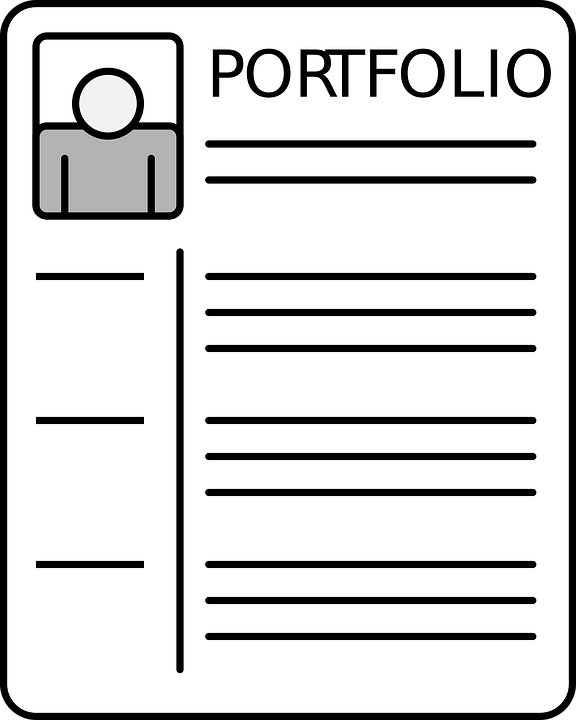The entertainment industry has undergone significant change in the way actors interact with their audiences and industry professionals in the digital age. One such transformation is the growing importance of actors having a personal website. Yes, actors should have a website in todays date as it offers the opportunity for personal branding, career advancement, and fan engagement.
The Benefits of Actors Having a Website
1. Personal Branding and Control
Building a Professional Online Image:
Tailoring Content to Showcase Talent:
2. Career Advancement
Attracting Industry Professionals:
Industry professionals often search for talent online. A well-optimized website can make an actor more discoverable, potentially leading to auditions and job offers.
Opportunities for Self-Promotion:
A personal website serves as a hub for an actor's promotional activities. It allows them to share their latest projects, showreels, and testimonials from collaborators, reinforcing their credibility and professionalism.
3. Engaging with Fans
Direct Communication: Having a website provides actors with a direct channel to communicate with their fans. They may provide personal remarks, behind-the-scenes anecdotes, and unique content to strengthen their relationship with their audience.
Sharing Updates and News: Actors can keep their fans informed about upcoming projects, events, or appearances through their website's blog or news section. This not only keeps fans engaged but also builds anticipation for their work.
You Might Like :The Tragic Life and Untimely Demise of Brad Renfro: A Chilling Tale
Key Features of an Actor's Website
Portfolio and Resume
Showcasing Past Work:
Actors can create a dedicated section on their website to showcase their portfolio. This includes photos, videos, and descriptions of their past roles, highlighting their versatility and talent.
Highlighting Achievements:
A website allows actors to display their achievements, awards, and recognitions prominently. This builds credibility and can be a powerful selling point to potential collaborators.
Blog or News Section
Sharing Insights and Experiences:
The blog section of an actor's website can be a space to share personal insights, experiences, and thoughts related to their craft. This gives their online presence greater dimension and allows followers to engage on a more intimate way.
Keeping Fans Updated:
Regular blog updates keep the website fresh and give fans a reason to return. Actors can use this section to share updates about their ongoing projects, industry insights, or even personal anecdotes.
Contact Information
Making It Easy for Industry Contacts:
Including clear and accessible contact information on the website is crucial. This ensures that industry professionals, including casting directors and agents, can easily reach out for potential opportunities.
Accessibility for Fans:
While maintaining privacy, actors should make it easy for fans to get in touch, whether for fan mail, fan art, or event invitations. A dedicated contact page with a contact form can serve this purpose.
Challenges and Considerations
Time and Effort
Maintaining a Website Can Be Time-consuming. Actors need to allocate time for updating and maintaining their website regularly. This may be difficult, especially when juggling auditions, rehearsals, and shoots.
Balancing with Other Career Demands:
It's essential to strike a balance between the website and other career demands. Overcommitting to the website can take away from the time and energy needed for their primary craft.
Privacy and Security
Protecting Personal Information:
While maintaining an online presence, actors should be cautious about the information they share. Personal details should be limited to protect privacy and security.
Dealing with Potential Online Risks:
The internet is not without its risks. Actors may encounter online harassment or misinformation. It is critical to be prepared to manage such events and to take precautions to protect the website from any attacks.
Cost
Initial Setup and Maintenance Expenses:
Building and hosting a website can incur costs. Actors need to budget for domain registration, hosting fees, and potentially hiring a web developer or designer if they lack the technical skills.
Weighing the Investment Against Benefits:
Actors should assess whether the benefits of having a website, such as increased visibility and opportunities, outweigh the financial investment and ongoing maintenance expenses.
Steps to Create an Actor's Website
1. Choosing a Domain Name
Select a domain name that is easy to remember, ideally one that includes the actor's name. This ensures brand consistency and helps with search engine optimization (SEO).
2. Selecting a Hosting Platform
Choose a reliable hosting platform that aligns with the actor's technical skills and budget. Popular options include WordPress, Squarespace, and Wix.
3. Designing the Website
Opt for a clean and professional design that reflects the actor's personality and style. Use high-quality images and videos to showcase their work.
4. Adding Essential Content and Features
Create dedicated sections for the portfolio, resume, blog, and contact information. Ensure all content is up to date and relevant.
5. Promoting the Website
Share the website link on social media profiles, in email signatures, and on business cards. Encourage fans to visit the website and sign up for updates.
Conclusion
In response to the topic, "Should Actors Have Their Own Website?" It is obvious that having a personal website may be a great tool for performers in today's digital scene. It offers the opportunity for personal branding, career advancement, and fan engagement. However, actors should carefully consider the time, privacy, security, and cost factors before diving into website ownership. By making informed choices and maintaining a balance, actors can leverage the benefits of having a website to enhance their careers in the entertainment industry.




